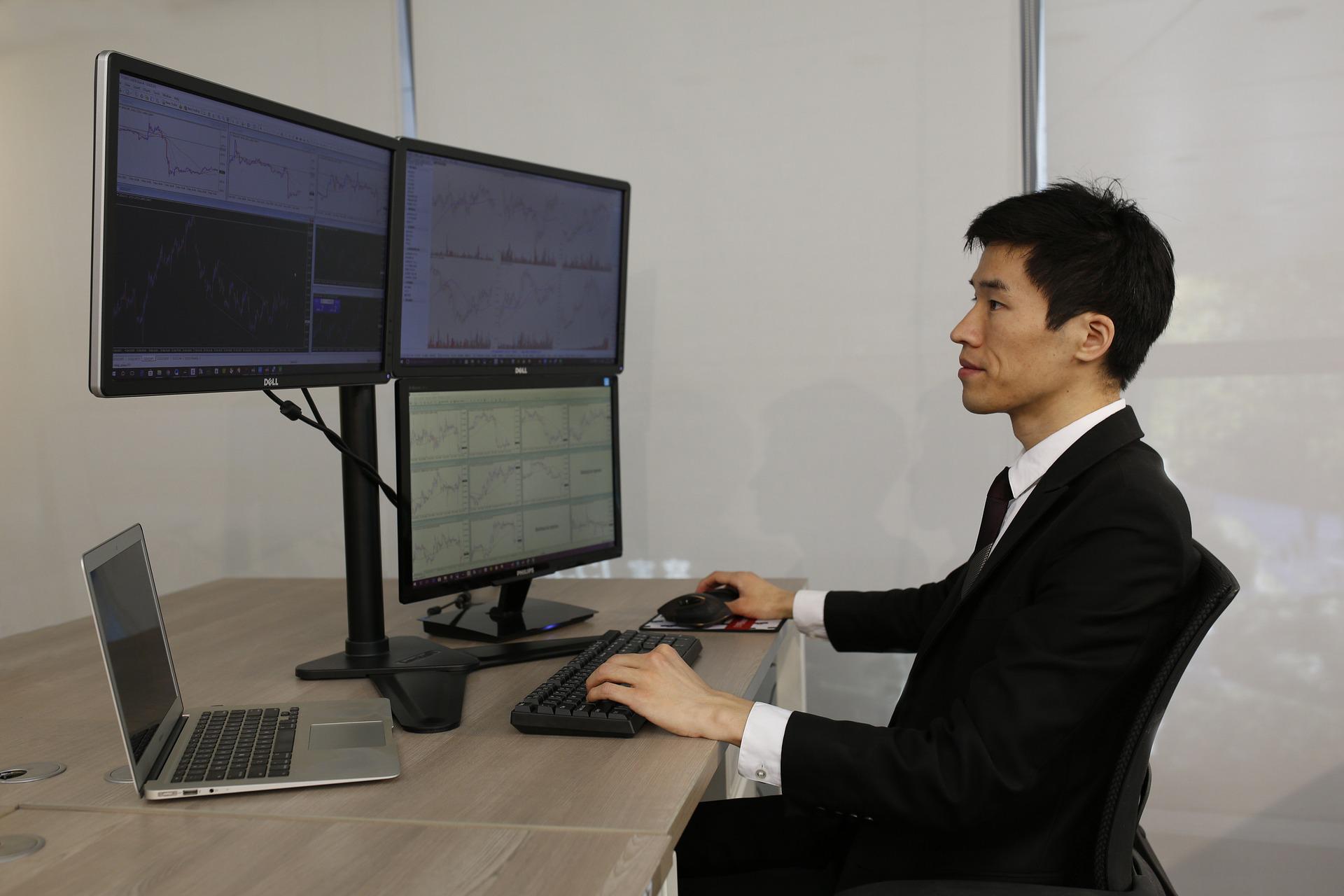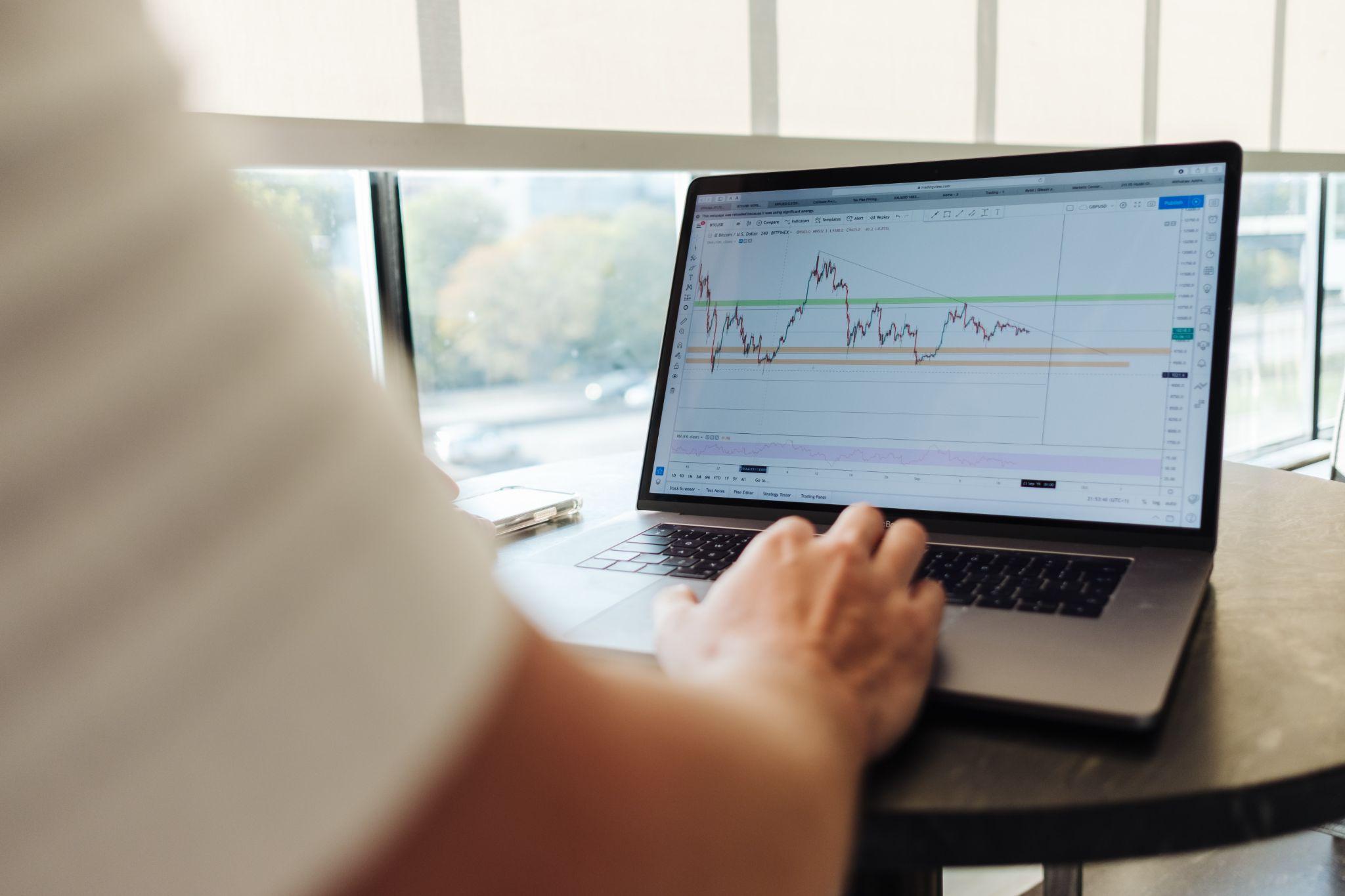Prop trading is a popular business endeavor for both amateurs and professionals. This is because, with prop trading, traders usually trade the markets with a company’s capital and are able to receive a share of the profits, if there are any.
So, if you’re a recent college graduate or a newbie trader who can’t afford the minimum capital to enter the forex game on your own, you may wish to start thinking about learning more about proprietary trading.

Landing a job in proprietary trading firms is challenging. Trading for corporations and financial institutions has more significant risks; hence proprietary financial companies have tight standards for traders. Honest, clever, rational traders who can operate professionally, have strong risk awareness, and love for trading are widely wanted.
But how do you get into a decent proprietary trading firm? Our checklist is here to assist.
Read on to learn what it takes to become a prop trader and how to make the most out of it.
Education Is King
The most successful traders are avid readers and listeners. Based on what they’ve learned, they’re rethinking their methods, making adjustments, and trying out brand-new approaches.
Recognize that it is only via trial and error that you can find out what works best for you. Don’t let your pride hold you back if you want to succeed. Instead, keep an open mind and seek out new learning opportunities.

Disentangle Your Feelings
When traders act impulsively, rather than rationally, they ignore the risk management measures they have been instructed to use to limit their exposure to financial disaster. Don’t let your emotions (anticipation, envy, panic) cloud your trading decisions; instead, trade rationally and wisely. Put it out there, evaluate it, and take what you can out of it.
Prepare A Trading Log
Potentially the most crucial aspect. While you touched on this throughout the interview process, it isn’t something you should stop doing after you’ve joined a company. A trader’s diary may serve as a kind of holy book.
It’s a live snapshot of where you are, how far you’ve come, and where you still have room to grow. Carry it everywhere you go and regularly update it so that when you reach a snag, you can look back and be motivated and focused by how far you’ve gone.

Know The Mistakes To Prevent
It’s inevitable that every trader will do some mistakes now and again. Decent traders make errors, but excellent traders accept responsibility and actively choose to learn from them so they can do better next time. In that context, here are some things you should probably stay away from.
Trading On A Personal Level
Neither traders nor their decisions should ever be influenced by their feelings or pride. Integrity, honesty, and a modest attitude are all necessary traits for successful traders. If you’re not confident in any of these areas, it might set you back. You could make some big errors that could cost you your job and your possessions. Don’t bring your pride onto the dance floor with you.
Using Rumor As Evidence
There is a lot of conflicting trading advice out there when you’re just starting. A person who is certain the economy is going to shift this way or that could pop up in a forum you’re reading. This may seem like fantastic news at the moment, and you may feel compelled to act quickly. On the contrary, you should not do this. Remember what you hear, then think critically about it. If there is no plan in place or proof to back up an assumption, bad transactions are made. If you need more proof before making a move, you should hold off until you’re certain of your claim.
Struggling To Maintain Grip
Learn to let go if you’re clinging to a lost position because you’re afraid to admit it or because you’re sure the market will turn around. A trader’s career is at risk if they refuse to cut their losses and keep trading even when they know they should have used a stop.
If the price reaches your stop loss, you should get out of the trade since it is clearly a losing one. Learn to accept defeat and take corrective measures when required. If you’re open to it, these situations may serve as great educational experiences.

Final Words
Now that you know what is a prop trader and how prop trading works, you may get your trading career off to a solid start or take it to the next level with proprietary trading. Trading’s merits are obvious. You will achieve your goal of being a leading trader in the proprietary market via consistent hard effort, the generation of novel ideas, and the development of novel trading methods.











